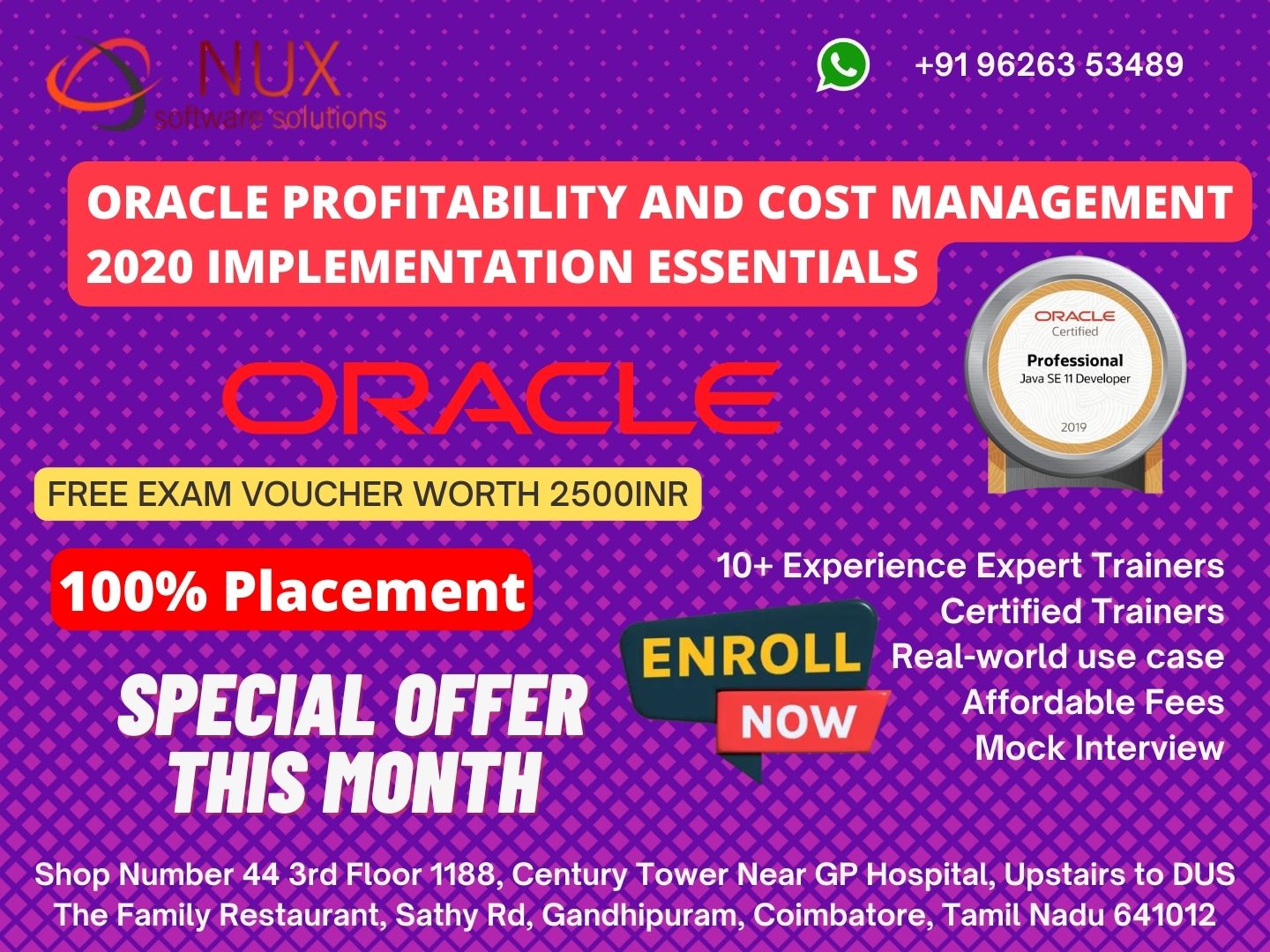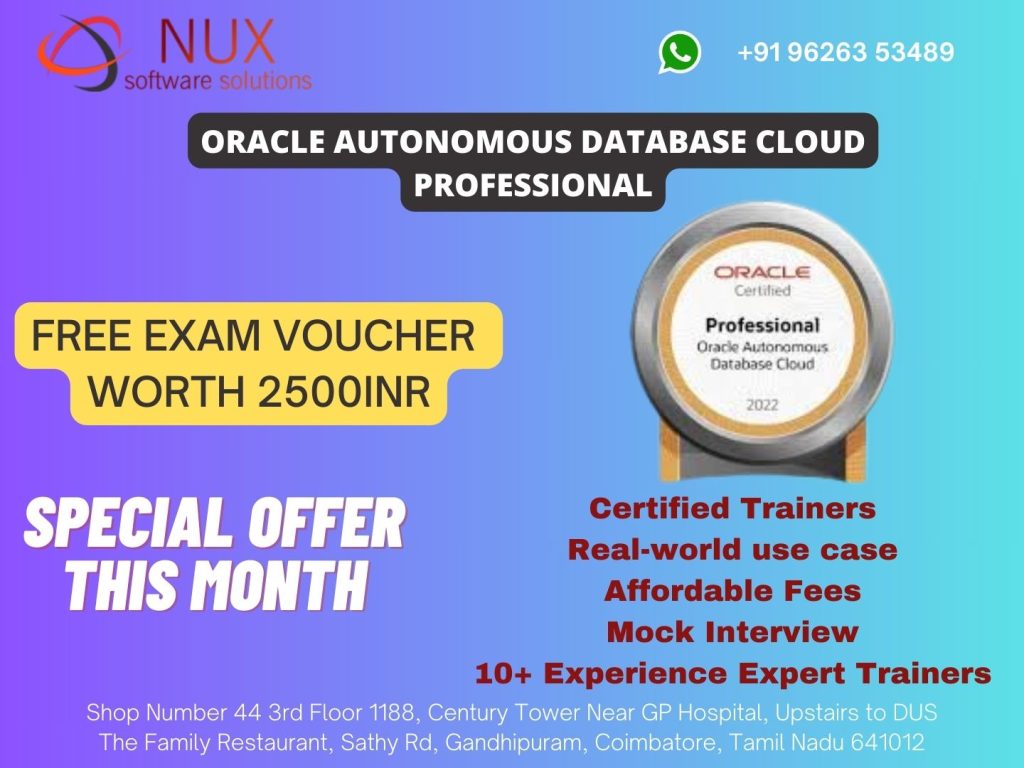Oracle Profitability and Cost Management Cloud Service

Course Summary
The Oracle Profitability and Cost Management (PCM) Cloud Service is a specialized module within Oracle’s Enterprise Performance Management (EPM) suite that enables businesses to analyze costs, profitability, and business performance drivers. This training provides comprehensive, hands-on expertise in configuring models that help organizations allocate indirect costs, improve transparency, and support strategic decision-making.
Ideal for professionals involved in financial analysis, costing, and enterprise performance management, the course is aligned with industry use cases to deliver both practical implementation skills and conceptual understanding.
Why Choose This Course
As organizations demand better insights into profitability across products, customers, and channels, Oracle PCM Cloud has emerged as a powerful solution. This course helps you:
-
Build the expertise to design cost and profitability models
-
Understand allocation logic for shared services, overhead, and cost tracing
-
Develop and maintain models that align with enterprise performance goals
-
Deliver solutions for finance transformation and operational visibility
-
Learn from trainers with real-world Oracle EPM consulting experience
Whether you’re part of a finance team, a consulting firm, or an implementation partner, this training enables you to deploy and support high-value PCM Cloud projects confidently.
Who Should Enroll
This course is ideal for:
-
Finance professionals and cost accountants using Oracle EPM tools
-
Enterprise Performance Management (EPM) consultants
-
FP&A teams seeking to improve cost transparency and profitability insights
-
IT/business analysts supporting financial modeling systems
-
Implementation teams deploying Oracle EPM Cloud with PCM modules
-
Professionals looking to expand their Oracle Cloud EPM skill set
Skills You Will Gain
-
Designing detailed cost and profitability models for complex enterprises
-
Allocating direct/indirect costs and tracing profitability across multiple dimensions
-
Understanding the intersection of finance, data models, and cloud architecture
-
Implementing rule-based allocations using Oracle’s Calculation Manager
-
Interpreting output for business decision-making, margin analysis, and scenario modeling
-
Supporting audit compliance, performance tracking, and financial transparency
Career Benefits
Upon completing this course, you will:
-
Be qualified for roles such as Oracle EPM Consultant, Costing Analyst, PCM Cloud Specialist, or FP&A Lead
-
Gain the ability to deploy and manage profitability models for mid to large enterprises
-
Support business units in cost control, pricing optimization, and performance benchmarking
-
Add niche Oracle Cloud expertise to your resume — a highly valued skill in global finance and IT transformation projects
-
Be prepared to contribute to digital finance modernization initiatives across multiple industries
Bridge Finance and Strategy with Oracle PCM Cloud
Gain the tools and insight to help businesses understand where they earn and spend the most — and why. Become a profitability and cost management expert with Oracle Cloud.
Enroll today and elevate your career in enterprise finance and analytics.



